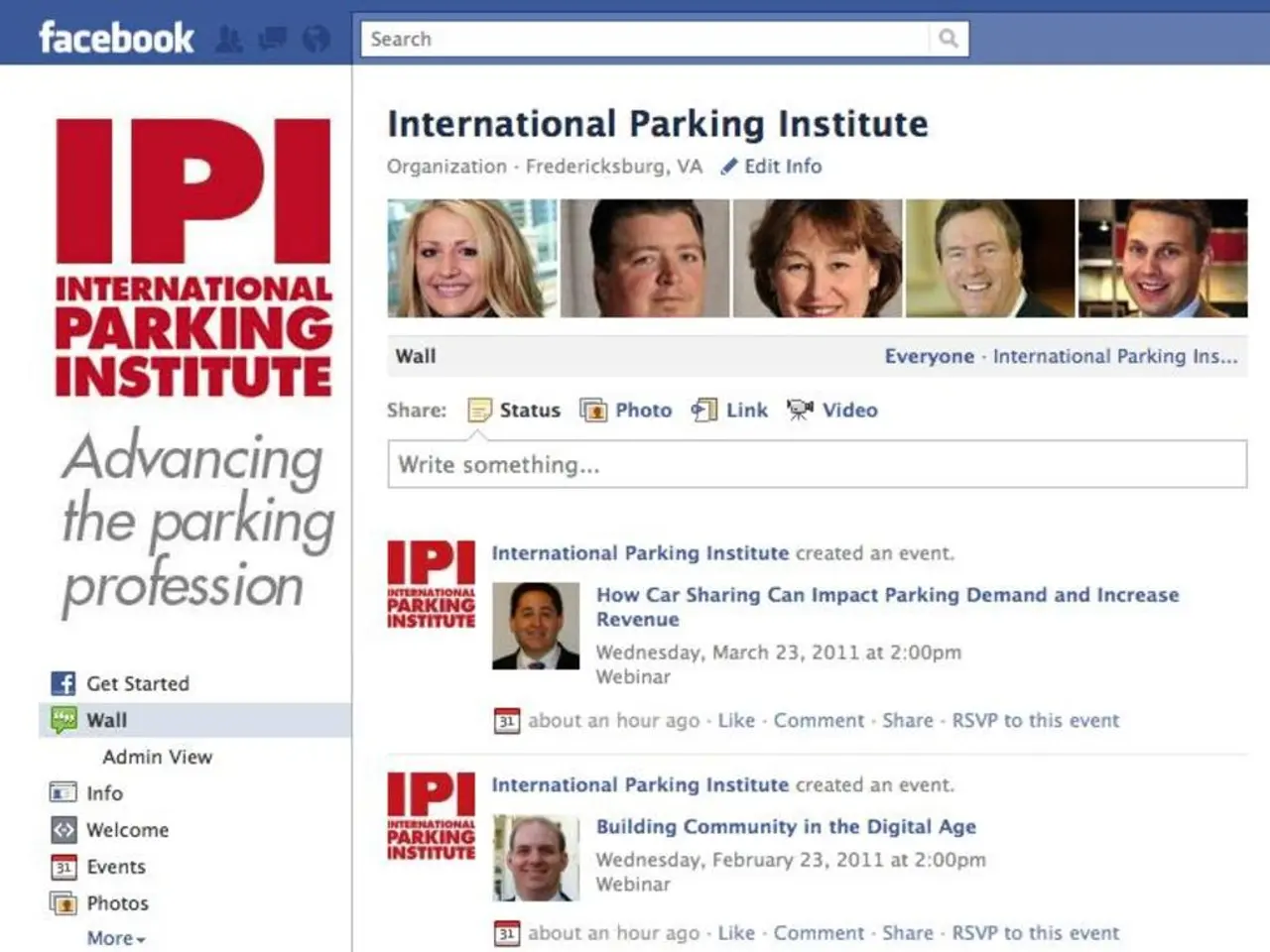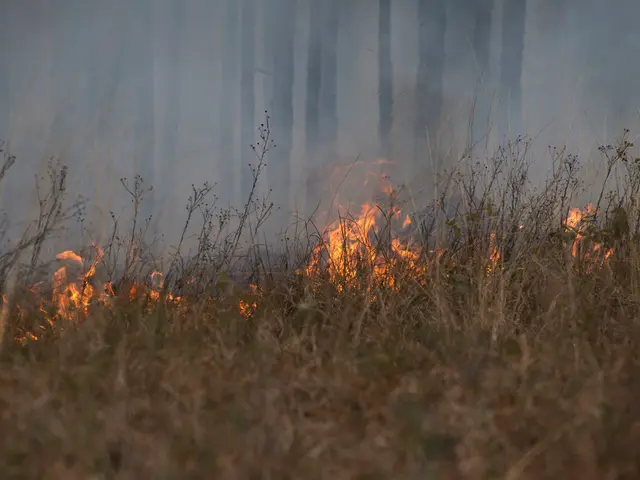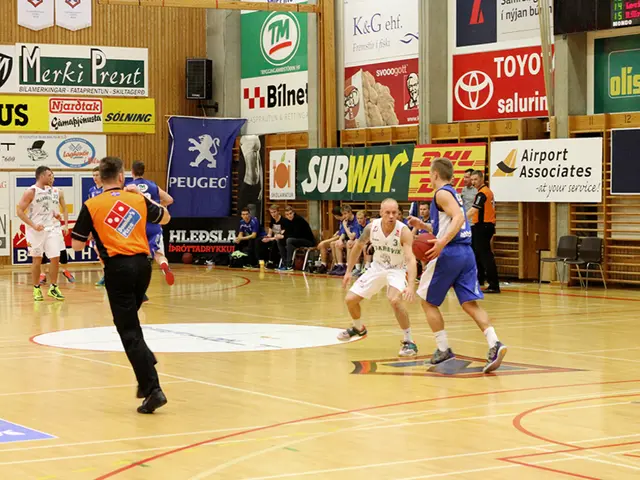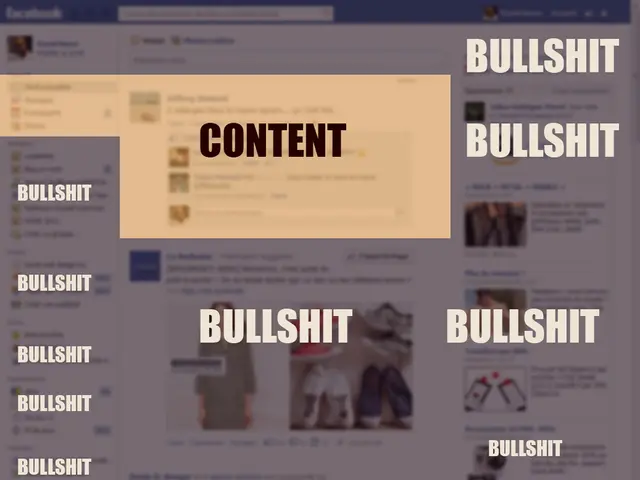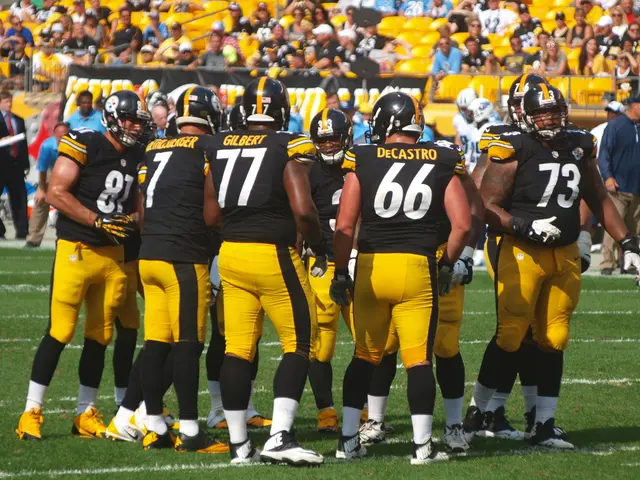Governing Body's Potential to Adjust Free Speech Regulations on Social Media Platforms
Supreme Court of India Suggests Regulations for Online Speech
In a move aimed at balancing the need to regulate abuse and preserve democratic values, the Supreme Court of India has suggested regulatory measures for the abuse of the right to freedom of speech and expression, particularly in online programs.
The court's concern lies in the uncontrolled freedom people have when expressing themselves online, which can break the conventional idea of humor or be in bad taste. The court's suggestion is designed to strike a balance, ensuring that any regulations pass constitutional muster and do not infringe on the fundamental right to speech and expression.
India's constitutional framework enshrines freedom of speech but within a context of reasonable restrictions and responsibilities. Historically, these restrictions have been expanded and judicially interpreted by the Supreme Court to balance individual rights with societal interests. In the digital age, the Court is asserting more direct control, mandating government action to regulate online speech—especially commercial and potentially harmful speech—while trying to prevent abuse that harms vulnerable groups, all while cautioning against government overreach that threatens fundamental freedoms.
The court has reiterated that free speech has corresponding duties and is not absolute, especially regarding content that harms community dignity or public order. Jokes or content mocking disabled persons or other vulnerable groups have been censured as misuse of free speech by the Court, underscoring that freedom of speech cannot infringe on personal dignity.
The court has directed the Centre to draft social media regulation guidelines in consultation with stakeholders such as News Broadcasting Standards Authority and digital industry bodies. These guidelines are expected to clearly define boundaries and penalties to prevent misuse without resulting in outright censorship.
The government must keep in mind the sanctity democracies attach to this right while pondering over these measures. Some restrictions on the right were introduced by India's first Prime Minister, Pandit Jawaharlal Nehru, on the grounds that the right has been held by some courts to be so comprehensive that it does not make a person culpable even if they advocate murder and other crimes of violence.
However, the court's suggestion may potentially curtail the fundamental right to speech and expression. The invitation to the government to formulate regulations for social media users and content producers should be carefully considered to avoid infringing on the fundamental rights of citizens.
The suggestion comes amidst a hue and cry in the southern state of Kerala, where youngsters have been held for committing grievous crimes, and the blame has been laid at the door of a genre of movies that glorify violence. The chief minister of Kerala has initiated a discussion with filmmakers on the topic due to the seriousness of the criticism.
In other countries with written constitutions, freedom of speech and of the press is not considered to debar the state from punishing or preventing the abuse of this freedom. The Supreme Court of India has pulled up the Gujarat police for unthinkingly registering a first information report against a Congress Member of Parliament on the basis of a poem. The court has expressed concern about the government's unmindfulness of the fundamental right to expression of the citizen when it booked the MP.
In conclusion, the Supreme Court of India is taking a proactive role in addressing the abuse of free speech online, mandating government action to regulate online speech while trying to prevent abuse that harms vulnerable groups, all while cautioning against government overreach that threatens fundamental freedoms. The court's suggestion for regulatory measures should be carefully considered to ensure adherence to "well known moral standards" of Indian society, while preserving the democratic values embedded in the right to freedom of speech and expression.
References:
- The Hindu
- Indian Express
- The Wire
- Live Law
- The Quint
Read also:
- United States tariffs pose a threat to India, necessitating the recruitment of adept negotiators or strategists, similar to those who had influenced Trump's decisions.
- Weekly happenings in the German Federal Parliament (Bundestag)
- Southwest region's most popular posts, accompanied by an inquiry:
- Discussion between Putin and Trump in Alaska could potentially overshadow Ukraine's concerns
